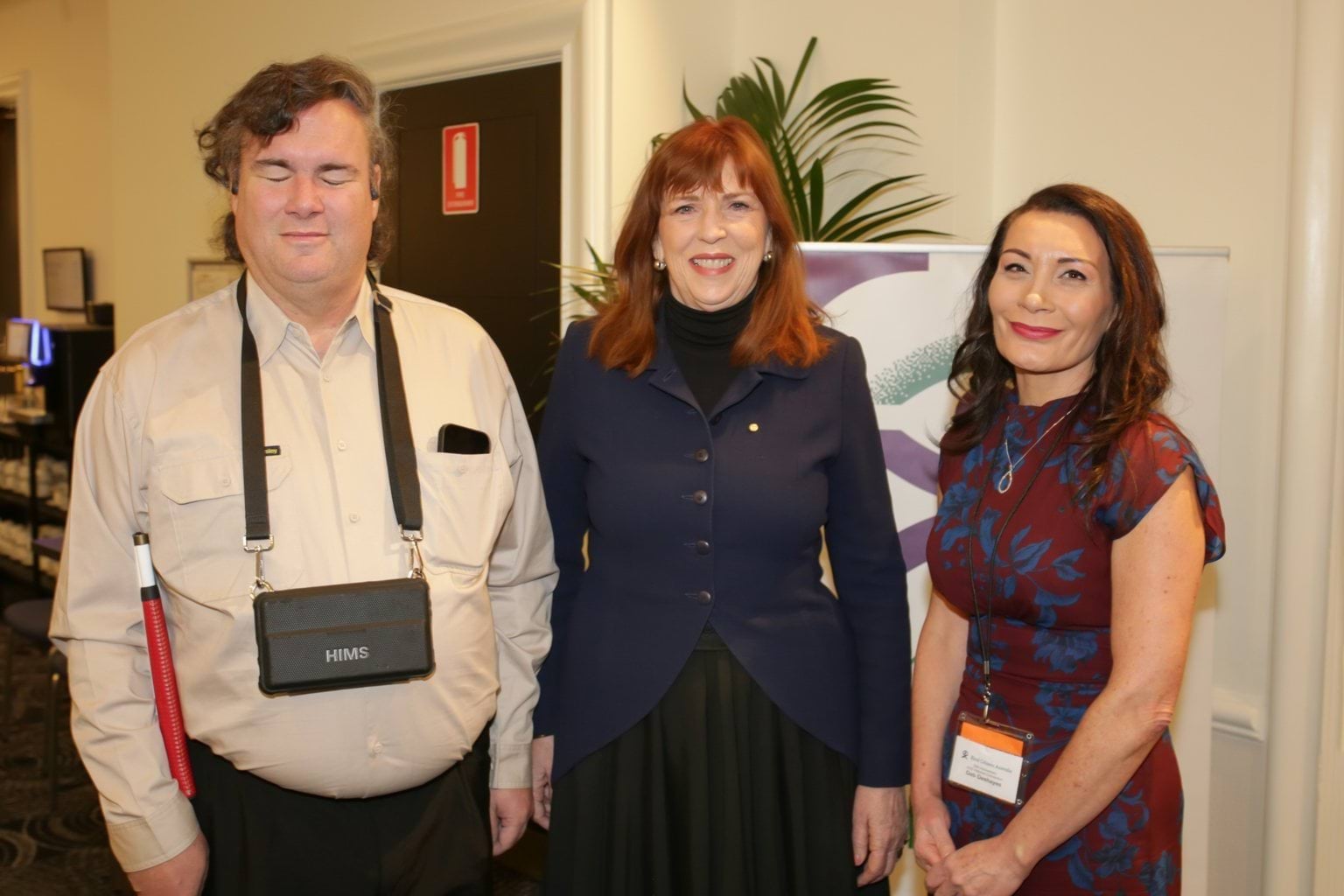- Published:
- Saturday 14 June 2025 at 5:28 pm

I begin by acknowledging the Traditional Owners of the lands on which this building stands – the Wurundjeri people of the Eastern Kulin Nation – and pay my respects to their Elders, past and present.
Despite today’s convention acknowledging the 50th anniversary of Blind Citizens Australia, I’d like to begin a little further back.
In 1881, Thomas James arrived at the door of a family home in Carisbrook, Victoria.
Some years earlier, after losing his eyesight in a mining accident, he learned to read Braille and subsequently made it his vocation to teach others to do the same.
Known as ‘The Blind Teacher’, he travelled right across Victoria, accompanied by his dog Fido, offering his services and books for free.
On this occasion, he was invited to stay the night, during which he tutored the youngest daughter of the family – as he had done so many others.
Departing the next day, he left her with a sense of hope and opportunity, in what she would later describe as “the start of [her] education as a blind child.”
The girl, familiar to many I am sure, was Tilly Aston, who went on to become the first blind person in Australia to attend university and the founder of Australia’s first Braille Library.
Her chance meeting with Thomas James changed the trajectory of her life – a life she spent breaking down barriers and proving people wrong.
As Tilly put it in her memoirs:
“I never admitted an inferiority complex, save in one aspect, which was shown in the constant desire to excel as a woman in spite of my handicap, since I knew that to overcome I must use more of myself than a seeing person to attain equal power and status.”
At each turn, she faced the prejudice of preconceived notions and was constantly required to prove her worth – something that may resonate with many here today.
But it all started with her being afforded the opportunity to learn what was possible.
While this approach to combating discrimination is uplifting, members of Australia's blind and low vision community have had to fight hard to be treated as full contributing citizens.
Significant progress has been made since the times of Thomas James and Tilly Aston, but there is still some way to go to create the world they hoped for.
Just as was true back then, achieving change still relies on providing access to opportunity, and people with the willingness to advocate for what’s right.
Over the past 50 years, Blind Citizens Australia has performed that role, helping fight against discrimination in its various forms.
It champions accessibility in the full sense of the word – to education, to employment, and to a life of dignity.
Each boundary pushed has helped countless blind and low vision Australians and their families overcome social isolation, access economic opportunities, and receive fair support services.
To all members, volunteers and donors – I want to thank you on behalf of all Victorians for the work that you do.
In particular, I’d like to acknowledge the contributions of your founding members, as well as your inaugural President, David Blyth – for whom it is an incredible achievement to still be an active member, five decades on.
Across this time, Blind Citizens Australia has enacted change through pushing boundaries and not accepting the status quo.
It is work that continues to be inspired by the worldview of Thomas and Tilly – the idea that everyone should be given opportunity, and no one should be underestimated in their pursuit of it.
While we admire the determination of those pioneers, we continue to strive for a world in which the barriers do not prevent achieving a fulfilling life.
Thank you for your work in this important mission, and congratulations on this significant milestone.
Updated

